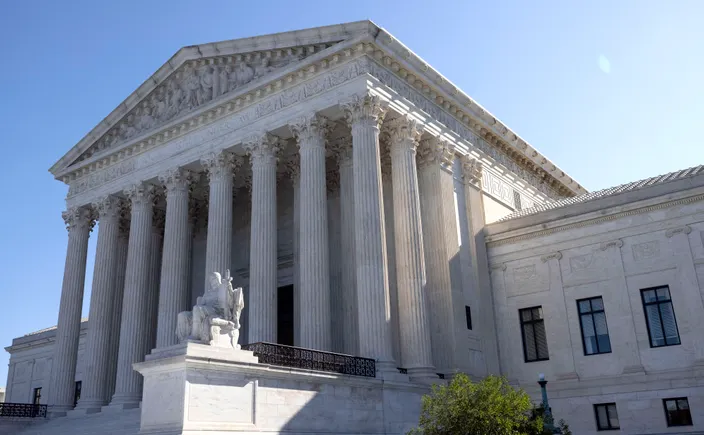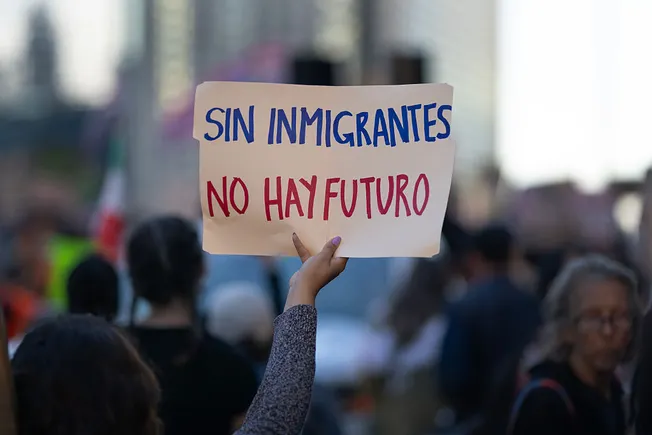Dive Brief:
- The Carlstar Group, a tire manufacturer and supplier, asked a federal judge to dismiss a lawsuit filed by the U.S. Equal Employment Opportunity Commission due to the agency lacking a quorum, according to an Aug. 25 court document.
- EEOC accused Carlstar of denying opportunities to workers with disabilities at the company’s Clinton and Jackson, Tennessee, and Aiken, South Carolina, facilities due to the workers’ lawful use of prescription drugs, including narcotics and opioids.
- Given EEOC’s own guidelines, however, the agency must have a quorum to file lawsuits when cases involve “an allegation of systemic discrimination or a pattern or practice of discrimination,” Carlstar Group argued.
Dive Insight:
EEOC has operated without a quorum since late January, when President Donald Trump fired two Democratic commissioners, Charlotte Burrows and Jocelyn Samuels. The unprecedented move left the agency with only two commissioners, Republican Andrea Lucas and Democrat Kalpana Kotogal.
While Trump has set the stage for a new quorum by renominating Andrea Lucas as acting chair and nominating Brittany Panuccio to the commission, EEOC remains limited in what it can accomplish without a quorum. The agency has continued to file lawsuits, for example, but requires a quorum in cases involving widespread or systemic discrimination, as well as cases dealing with unsettled parts of the law or those likely to “generate public controversy,” law firm Kelley Drye noted in a February analysis.
Carlstar Group’s motion to dismiss may be among the first to challenge EEOC’s litigation activities related to its quorum status, but it joins several others in pushing back against the agency’s actions since the Trump administration took office.
Recently, the agency has found itself battling with New Mexico school district Gallup-McKinley County Schools over what the district termed an “overly broad and vague” discrimination charge filed by Andrea Lucas in 2024. While commissioner’s charges are lawful — 33 were filed last year, according to employer compliance group CWC — the district alleged Lucas’ request for information was so broad that it exceeded the agency’s investigative authority. Undeterred, EEOC asked the court last week to enforce subpoenas against the district.
The agency has faced criticism from members of Congress as well; in July, Congressional Democrats accused the agency, and Andrea Lucas in particular, with facilitating “a shakedown of prominent law firms” that resulted in nearly “$1 billion in pro bono legal services to causes approved by President Trump.”






Leave a Reply